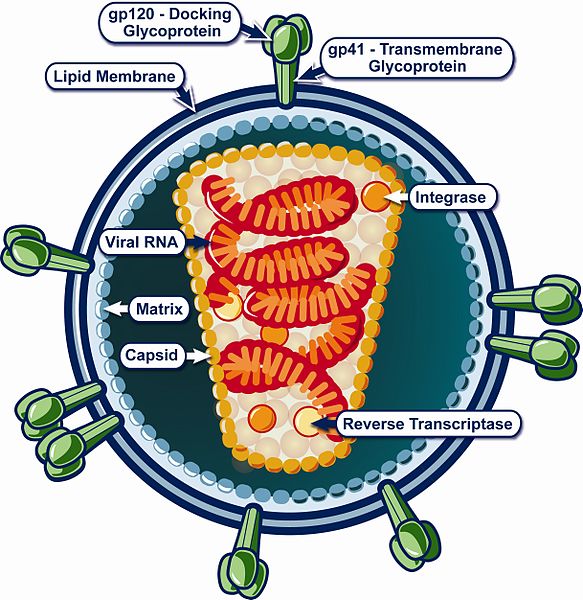The first HIV vaccine efficacy study to launch anywhere in seven years is now testing whether an experimental vaccine regimen safely prevents HIV infection among South African adults.

The study, called HVTN 702, involves a new version of the only HIV vaccine candidate ever shown to provide some protection against the virus. HVTN 702 aims to enroll 5,400 men and women, making it the largest and most advanced HIV vaccine clinical trial to take place in South Africa, where more than 1,000 people become infected with HIV every day.
“If deployed alongside our current armory of proven HIV prevention tools, a safe and effective vaccine could be the final nail in the coffin for HIV,” said Anthony S. Fauci, M.D., director of the National Institute of Allergy and Infectious Diseases (NIAID), part of the National Institutes of Health and a co-funder of the trial. “Even a moderately effective vaccine would significantly decrease the burden of HIV disease over time in countries and populations with high rates of HIV infection, such as South Africa.”
The experimental vaccine regimen being tested in HVTN 702 is based on the one investigated in the RV144 clinical trial in Thailand led by the U.S. Military HIV Research Program and the Thai Ministry of Health. The Thai trial delivered landmark results in 2009 when it found for the first time that a vaccine could prevent HIV infection, albeit modestly. The new regimen aims to provide greater and more sustained protection than the RV144 regimen and has been adapted to the HIV subtype that predominates in southern Africa, a region that includes the country of South Africa.

